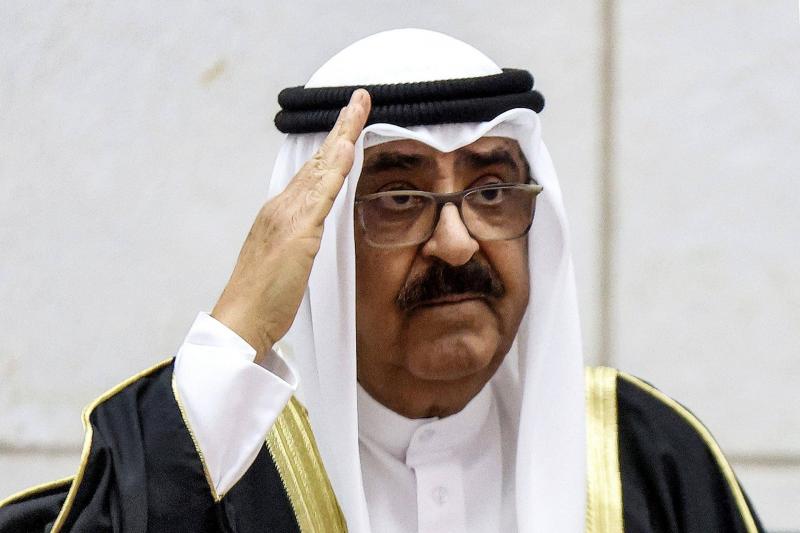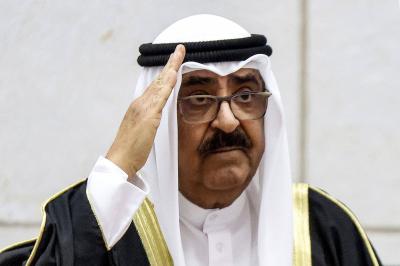After the decisive speech and the clear statement delivered by the Emir of Kuwait, Sheikh Mishal Al-Ahmad Al-Jaber Al-Sabah, just a few days ago, the affected individuals stirred and erupted, as the saying goes, they lived in "chaos." The Emir of Kuwait had previously issued a series of warnings while he was still Crown Prince and managing the affairs of the emirate during the illness and absence of his late brother, Emir Sheikh Nawaf Al-Ahmad, or when he took the chair of the emirate and delivered an unmistakable speech before the MPs in the National Assembly.
At these crucial moments, Emir Mishal provided an opportunity for the crisis-makers in Kuwait to withdraw and reconsider their path. He sent successive messages to those who brought these types of MPs to the parliamentary hall that their actions would have dire consequences for the higher interests of Kuwait... but to no avail.
After all this, it was necessary to apply the ancient Arab wisdom: "The last remedy is cauterization," and this was articulated in a speech that will be remembered in Kuwaiti history and even the Gulf region for a long time. From the "Sief" Palace, Emir Mishal addressed the Kuwaiti people, clearly explaining the reasons for the political paralysis in Kuwait over the past years, the hindrance of development, and the recurrence of crises and problems.
In summary, the problem lies in the lack of development and amendment of the constitution, something that should have been addressed five years after its adoption in the early sixties under Emir Abdullah Al-Salem, to whom the name of the Kuwaiti parliamentary hall was dedicated in honor. The existing constitution hampers the government’s actions and grants the MPs undue "executive" powers, such as the necessity for ministers to be sourced from among them for any government to be considered legitimate. This has been adopted by the MPs or groups among them, especially in the recent government formation, as the Emir hinted, resulting in the imposition of unjust conditions and demands on the government.
Moreover, there are other behaviors, such as interfering in the Emir's private powers as stipulated in the constitution, including the authority to choose the name of the Crown Prince. We know that there are political groups that follow an Ikhwani agenda or movements loyal to the authority of the jurist or figures belonging to external or internal axes, disconnected from the agenda of development, stability, and pure national interests.
These groups will attempt to obstruct this new path by any means possible, and this is where the decisive role comes in confronting these serious attempts to place Kuwait back on the correct path in history. Therefore, the authorities in Kuwait initiated supporting Emir Mishal's new approach with a package of strict measures, such as summoning some former MPs and activists who have insulted the status of the emirate or intervened in its affairs or incited against its decisions. The public prosecution and security agencies have been working on this path in recent days.
Emir Mishal's firm approach is for the sake of Kuwait and the interests of the Kuwaiti people in the future, considering the current state of stagnation in Kuwaiti growth compared to other Gulf countries. It is the firmness of a father for the benefit of his son and the rest of the family, and truly, "He who acts with harshness to deter others, and who is resolute, can sometimes act harshly on those who deserve mercy!"




